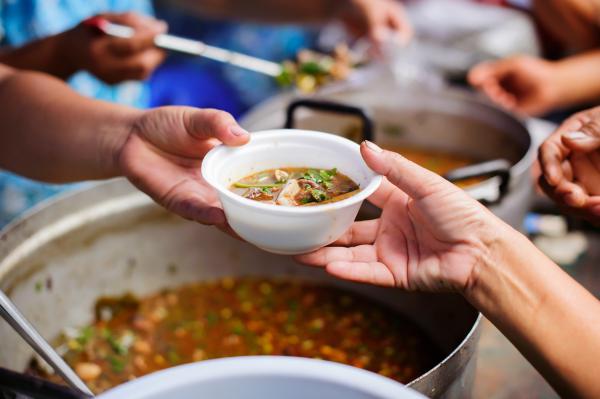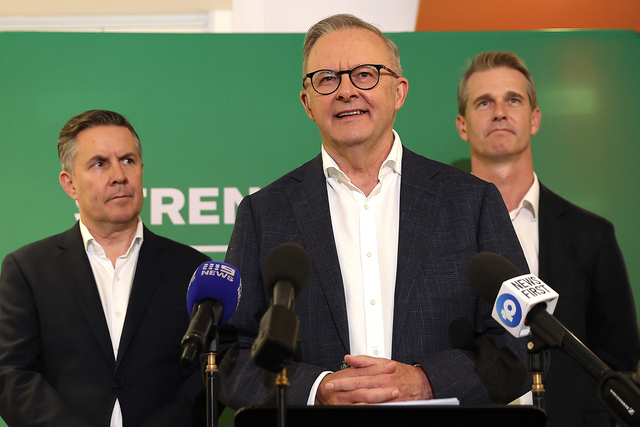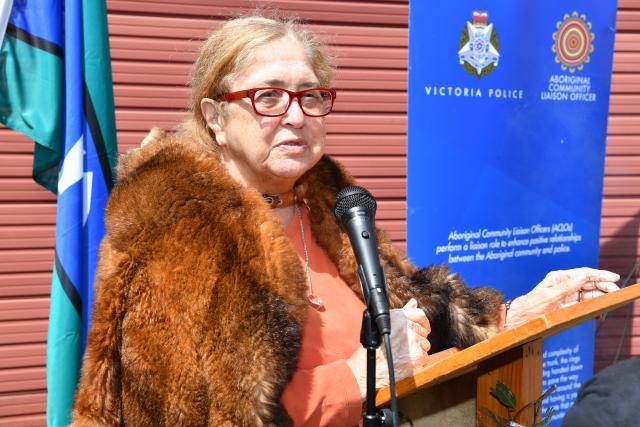The Victorian Government is providing a boost to hardship payments and emergency food relief for our state’s most vulnerable.
The Government announced an additional $30 million package to ensure this critical help – including food and financial support – is made available to communities disproportionately impacted by the pandemic.
More support will be delivered to Victorians struggling to put a meal on the table with a $4.5 million boost to expand the capacity of community food relief organisations.
Minister for Health Martin Foley said, “No Victorian should be left behind as we fight this pandemic – we’re ensuring we all make it through together.”
This includes supporting new partnerships between food relief organisations and local restaurants, cafes and hospitality businesses – enabling them to rapidly purchase raw produce and prepared meals for Victorians in need.
The package expands Foodbank Victoria’s mobile food van service across the state, reaching vulnerable groups such as casual workers and students, as well as extending Foodbank’s pop-up international student supermarket in the Melbourne CBD until December.
Ensuring multicultural Victorians can continue to access culturally appropriate emergency support and vital public health information, the package delivers $12.1 million to expand the critical work of the CALD Communities Taskforce.
This includes a $5 million funding boost to the Priority Response to Multicultural Communities grants program, which helps local organisations deliver emergency relief, including culturally appropriate food.
More than $7 million will ensure culturally and linguistically diverse Victorians have the information they need to stay safe, with targeted communications, translation and direct engagement, including support for organisations at a local level.
The Extreme Hardship Support Program has also been extended, ensuring continued assistance for Victorians who are not eligible for income support from the Commonwealth Government.
This includes help for Victorians who are often most at-risk from the pandemic, including temporary and undocumented migrants and those on temporary and provisional visas, with a $13.5 million boost to emergency financial assistance, information, referrals and complex casework support.







